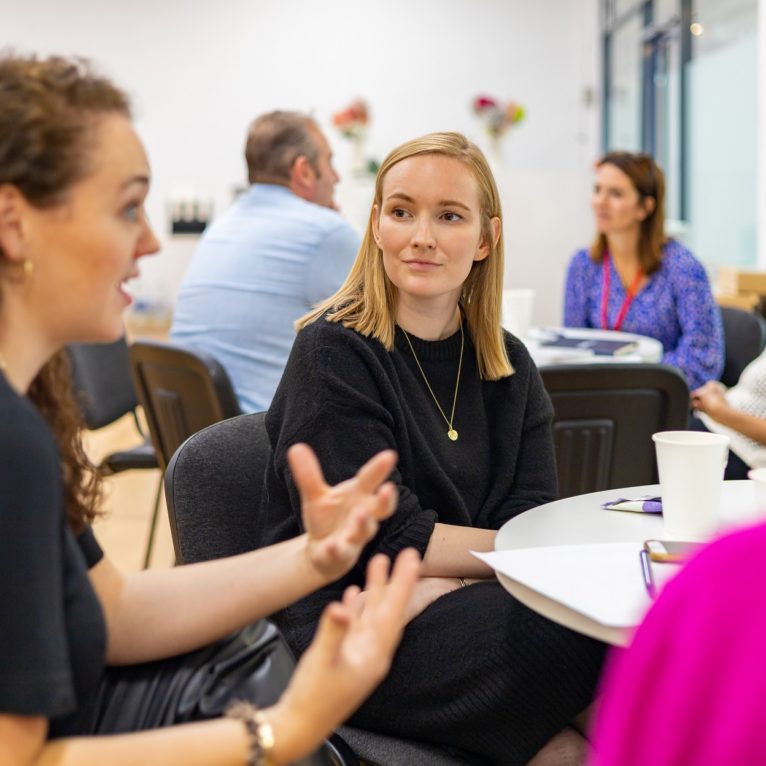
Share article:
Tags:
In 2022 is there still any doubt that workplace ‘culture’ is a key factor in organisational success? Outdated, toxic models of working environments being places in which employees are controlled, subservient and disengaged have no place in the 21st Century. They are damaging to employee health and wellbeing, create and escalate conflict and threaten organisational success and continuity.
Toxic workplace culture has got to go!
We spend the majority of our time at work and thus it’s integral to feel happy, safe and fulfilled with a workplace setting. Employees want to be seen, heard, valued and able to be their authentic selves at work, by doing so, employers benefit from a more motivated and engaged workforce.
But what is workplace culture? TCM’s Founder and CEO David Liddle, in penning his book Transformational Culture googled this exact phrase and unsurprisingly brought up a plethora of results, in fact well over 4 million! Among these results, David’s favourite definition of workplace culture was that “The culture of the organisation is shaped by the worst behaviour the leader is willing to tolerate.”
Setting the record straight on conflict and culture
During our Conflict & Culture Masterclass held on 3rd November 2022, attendees shared a wide range of effects of ‘bad behaviour’ and toxic culture in the workplace including: difficulty retaining talent, excessive amount of time spent on conflict, lack of team coherency, employees feeling demotivated and lots more. Have you ever considered how much negative traits within your workplace culture cost your organisation?
By addressing negative trends and patterns within workplace culture, organisations can counter much of their negative impacts and as a result:
- Attract and retain top talent, investors and customers.
- Create a happy, healthy and harmonious team climate.
- Accelerate the shift towards a purpose led, values based and person-centred culture.
- Align EVP with CVP to enhance customer and employee experience.
- Promote creativity, innovation and a high growth mindset = competitive advantage.
- Enhance the way that disagreements, conflicts and disputes are resolved.
Further explore how your organisation can shape and sustain a positive, people-centred organisational culture and how you could benefit and watch our Conflict & Culture Masterclass webinar here.
Want to find out more? Get in touch with our People & Culture Strategy Coordinator Hannah Cotton or browse our transformational culture services.






